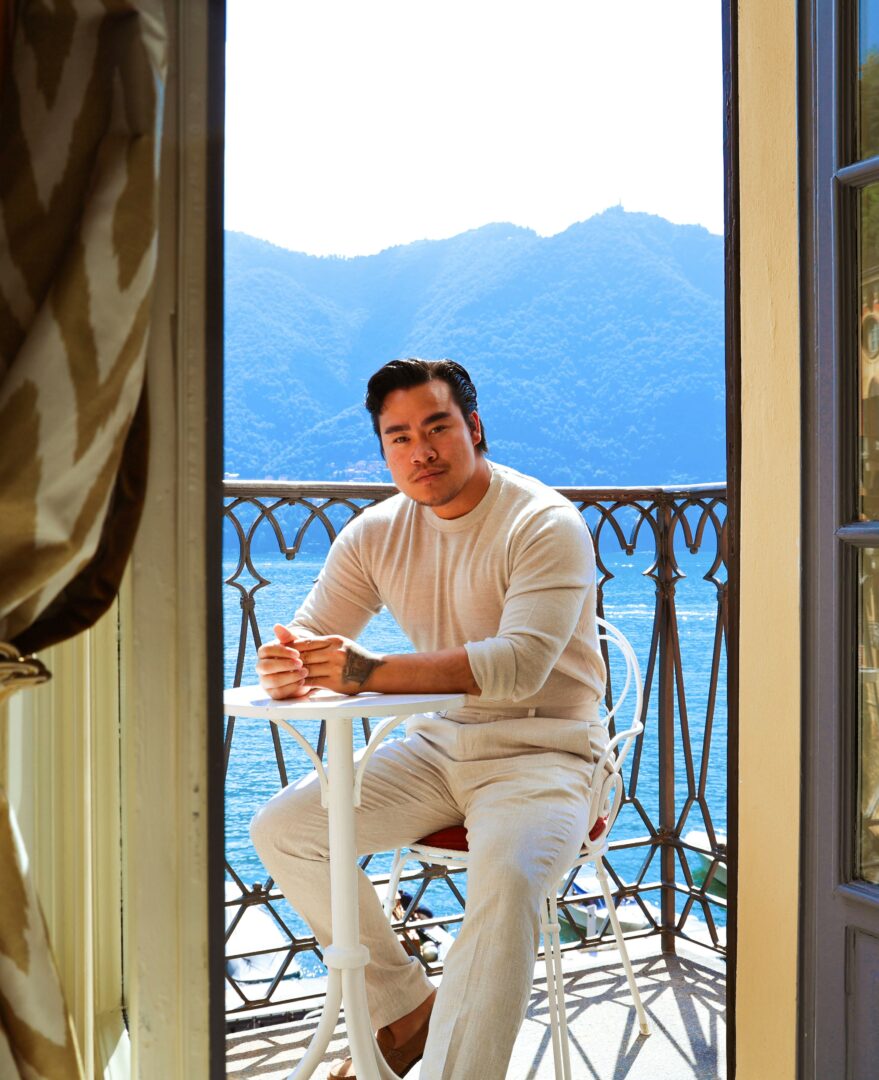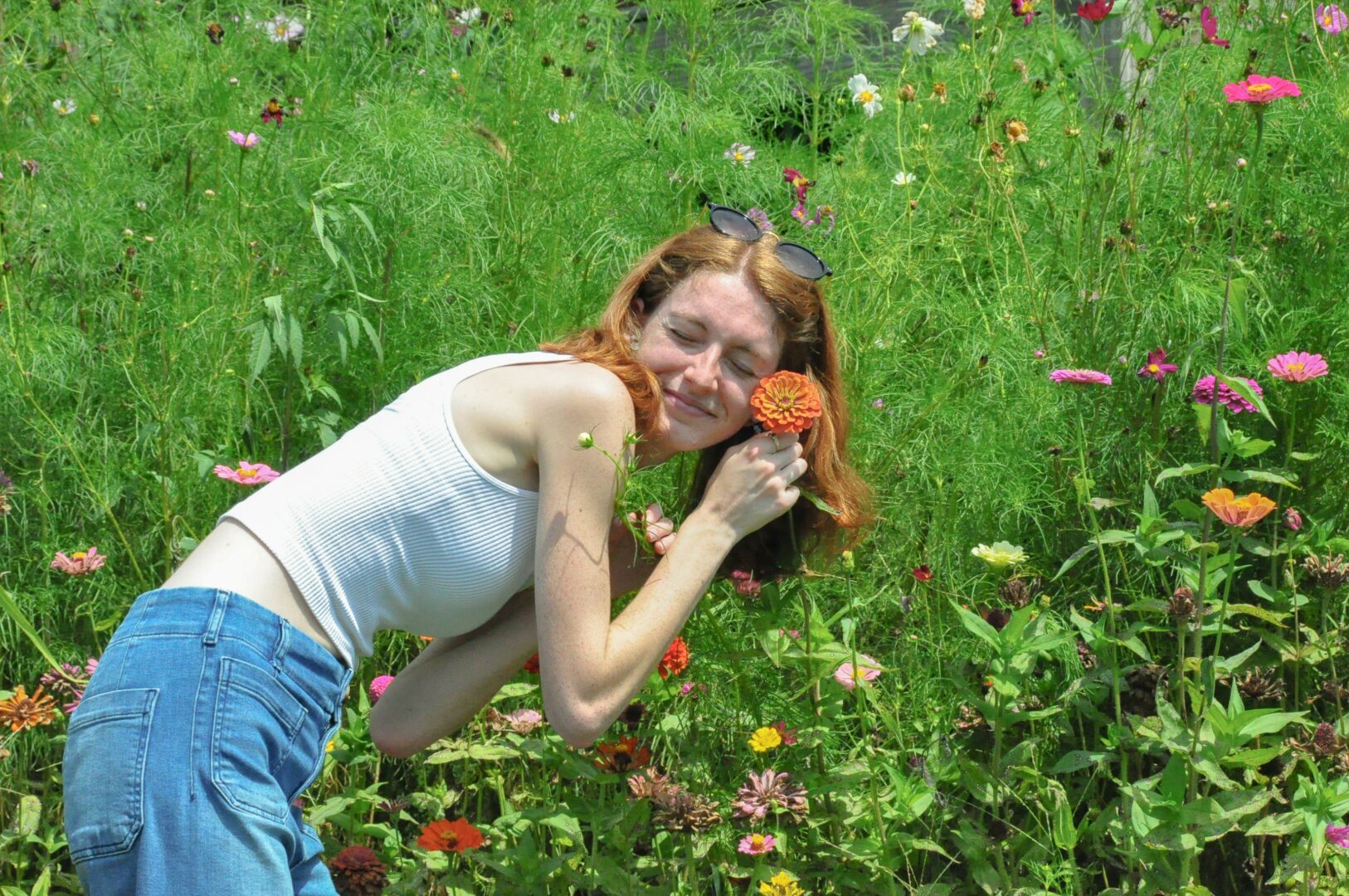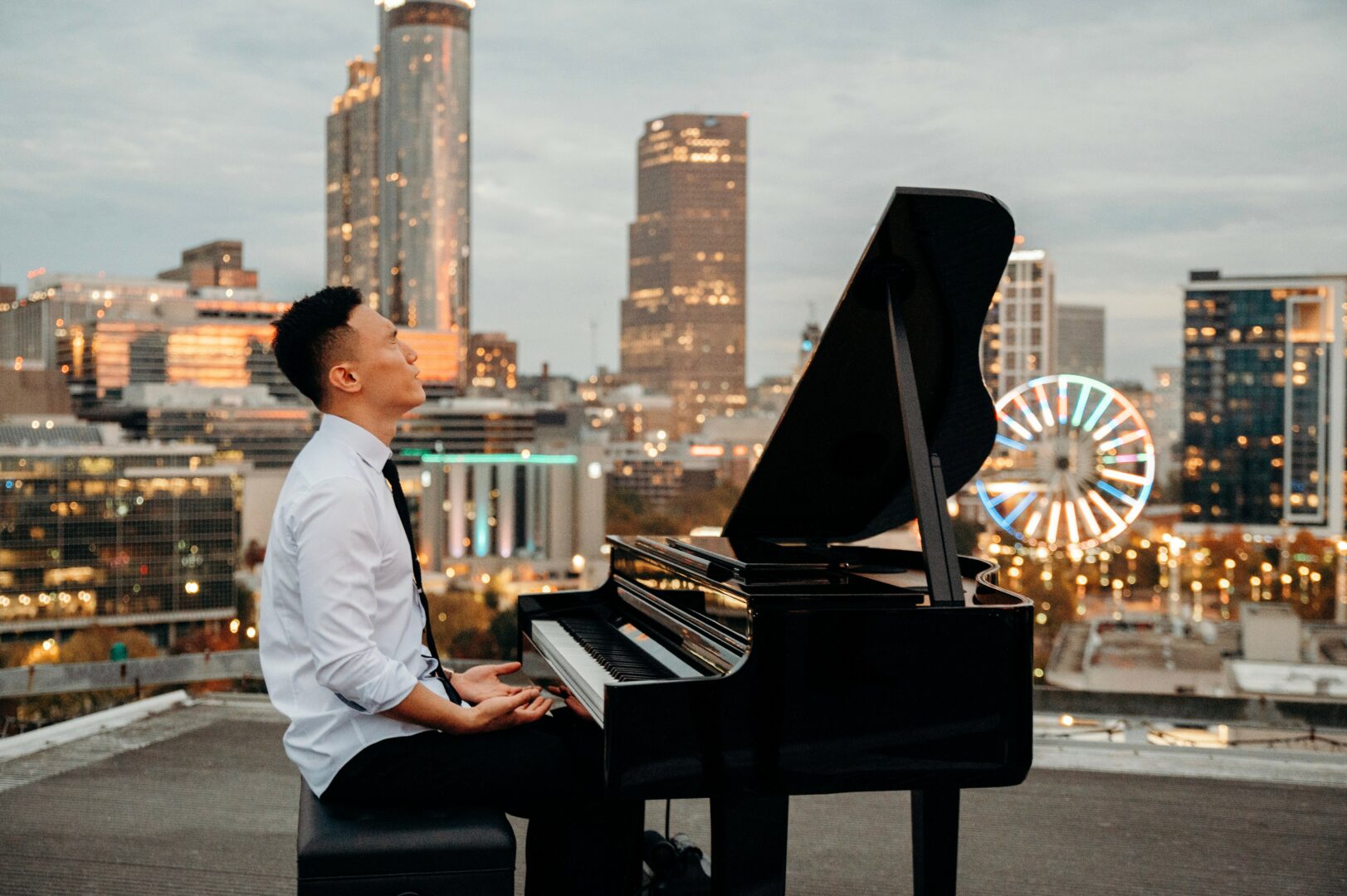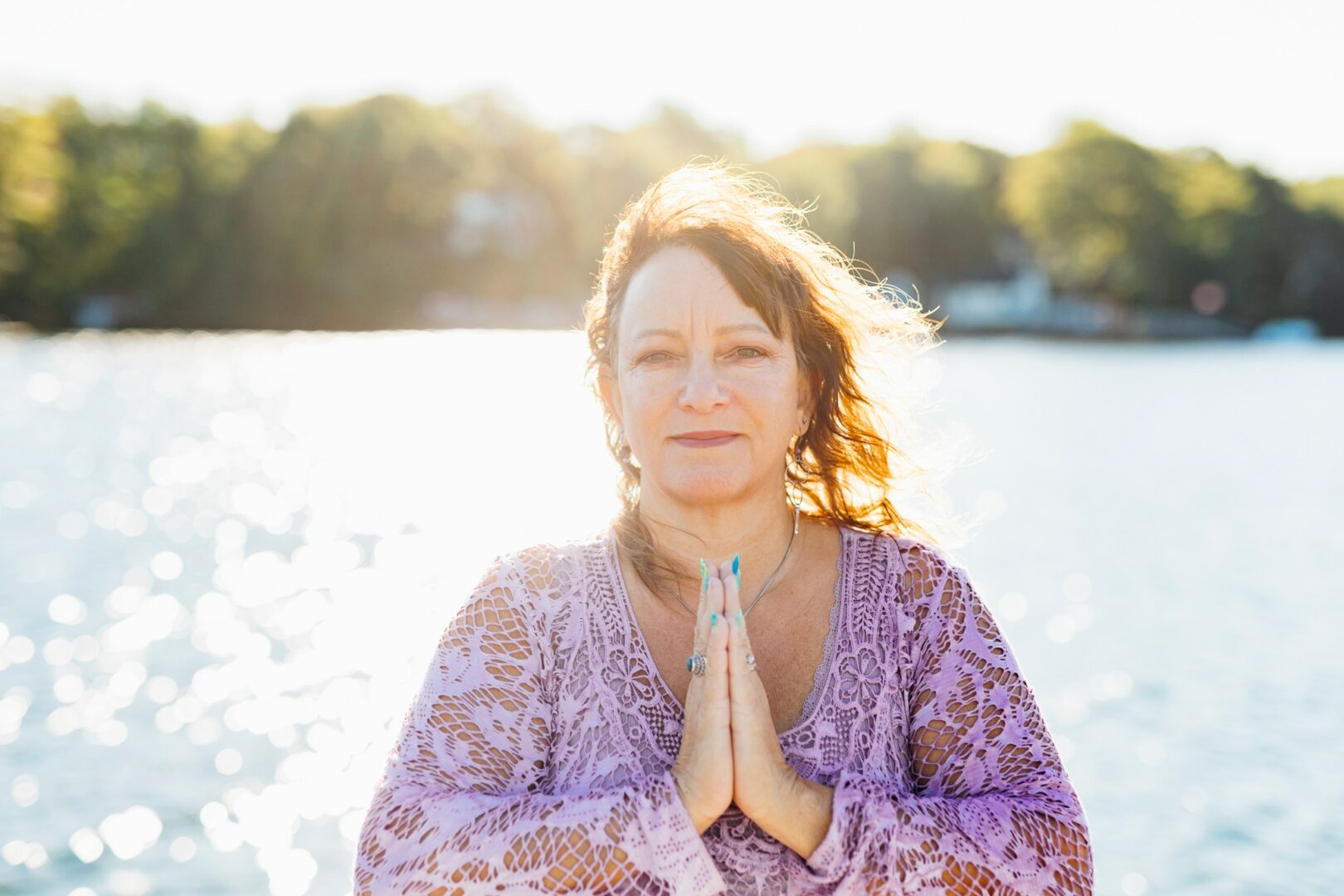We’re excited to introduce you to the always interesting and insightful Andrew Jefferis. We hope you’ll enjoy our conversation with Andrew below.
Hi Andrew, great to have you with us today and excited to have you share your wisdom with our readers. Over the years, after speaking with countless do-ers, makers, builders, entrepreneurs, artists and more we’ve noticed that the ability to take risks is central to almost all stories of triumph and so we’re really interested in hearing about your journey with risk and how you developed your risk-taking ability.
I have always been curious, and in some ways, risk has been part of my story from the beginning. As a newborn, I was found in a basket in a remote part of Vietnam and adopted at six months old by my parents. That early chapter has always served as a reminder that uncertainty can lead to opportunity.
When I was fifteen, my mother’s brain cancer metastasized. She approached her illness with extraordinary resilience, often saying, “Why not me, when so many others are suffering?” My father, determined that I continue to move forward, bought me a simple camera and encouraged me to capture the “good things” despite our circumstances. Reluctantly, I began taking photos of friends, and to my surprise, I discovered both a creative outlet and a growing skillset. That fall, after my mother passed away, I promised myself not to live with regret and to pursue opportunities fully.
Given the circumstance, I began contacting professional models, and within days I was invited by a sought-after model to Los Angeles for a shoot. My father encouraged me to take the chance, and that trip set in motion several years of incredible opportunities. I photographed in Los Angeles, New York, London, Florence, and Paris, eventually being admitted to Parsons School of Design in New York.
Over time, however, I began to question whether the industry aligned with my values. I enjoyed photography most when it allowed me to capture a person’s essence and vulnerability, but the other side of the field often prioritized superficial beauty, nightlife, drugs, and other things that lost my interest. That disconnect compelled me to pause and reconsider the direction of my path.
As funny as it sounds, an unexpected turning point came when I watched Brokeback Mountain with coworkers of mine on a Friday evening. I’d heard vague stories about the film but never took the time out of my day to look into it. At the time, I wasn’t as enthralled by slower moving dramas. But boy oh boy was I in for a surprise… but not in the way I’d anticipated. Beyond the storyline, I was struck by its portrayal of a simple, rural life so different from the world I knew. It was so profound to me, that it actually made me consider whether or not I was a city person or not. I even began to ponder my interest in photography. Did I care about becoming the best photographer in the industry or was I only doing it because it was originally a distraction from my mom’s passing? Did any of this really bring me fulfillment? “Who was I before I picked up the camera?”
The next morning I woke up early, probably because my mind was so intent on bridging the gap between what I thought I wanted and what I really needed. A quick Google search of “the most beautiful places to live in the country with a college” introduced me to Bozeman, Montana. Based upon research I did on the film, it was shot in Calgary but based in Wyoming. At the time I figured Wyoming was too desolate and I wasn’t interested in leaving the country. However, I was dead set on escaping New York and leaving everything behind. It was a significant risk—I didn’t know anyone there —but it gave me a sense of freedom and perspective I hadn’t felt before.
The best part was calling my now long-time family friend Crystal. She’s bon and raised in Montana – one of the most loving and remarkable women I’ve ever met. She’s like a big sister to me – always keeping a close eye on how I’m doing. Anyway, I called her because she was another Google recommendation and of course, I didn’t give a second to think about the two hour time difference. Poor Crystal wakes up around 4 am to a call from me, extraordinarily awake, telling a complete stranger I had an epiphany and was going to move my life to Montana. Was she a bit skeptical? Of course.
Skipping ahead, I ended up in Bozeman and I met people who were the complete antithesis of New Englanders. At least in my opinion, us east coasters are generally surface level, career-obsessed, coffee-drinking monsters who don’t have time for deep relationships. On the other hand, Montanans come right up to you, ask you about your life, your family… pretty much everything other than your credentials. I made dozens of new friends with values centered on community, respect, and authenticity, which reshaped my understanding of success and belonging. I met real cowboys, ranchers, and just, outstanding people who valued me as a person.
Four years later, after graduating from Montana State University, I once again chose to take a risk, this time by enlisting in the U.S. Navy. Although my service was shorter than I anticipated, it left a lasting impact. I worked alongside people who valued diversity of thought and demonstrated honor, courage, and commitment. That experience, like my years in Montana, reinforced my belief that risk often leads to growth, perspective, and meaningful connections. Never in my life have I ever felt so honored to know people and live/work alongside them. Some people, who came from absolutely nothing, gave absolutely everything.
In my thirty years, I have learned the importance of standing firm in my beliefs while remaining open to risk and opportunity. I make it a priority never to shy away from the possibility of meeting someone new. For me, risk-taking is an essential part of life. I developed that ability by watching my mother and father embody it daily—through their resilience, their faith, and their willingness to put their time aside for others. Whether I’m running through the streets of Kenya or Venice, it’s always likely I’ll find a new friend. We are born for adventure and life without risk would be very dull.
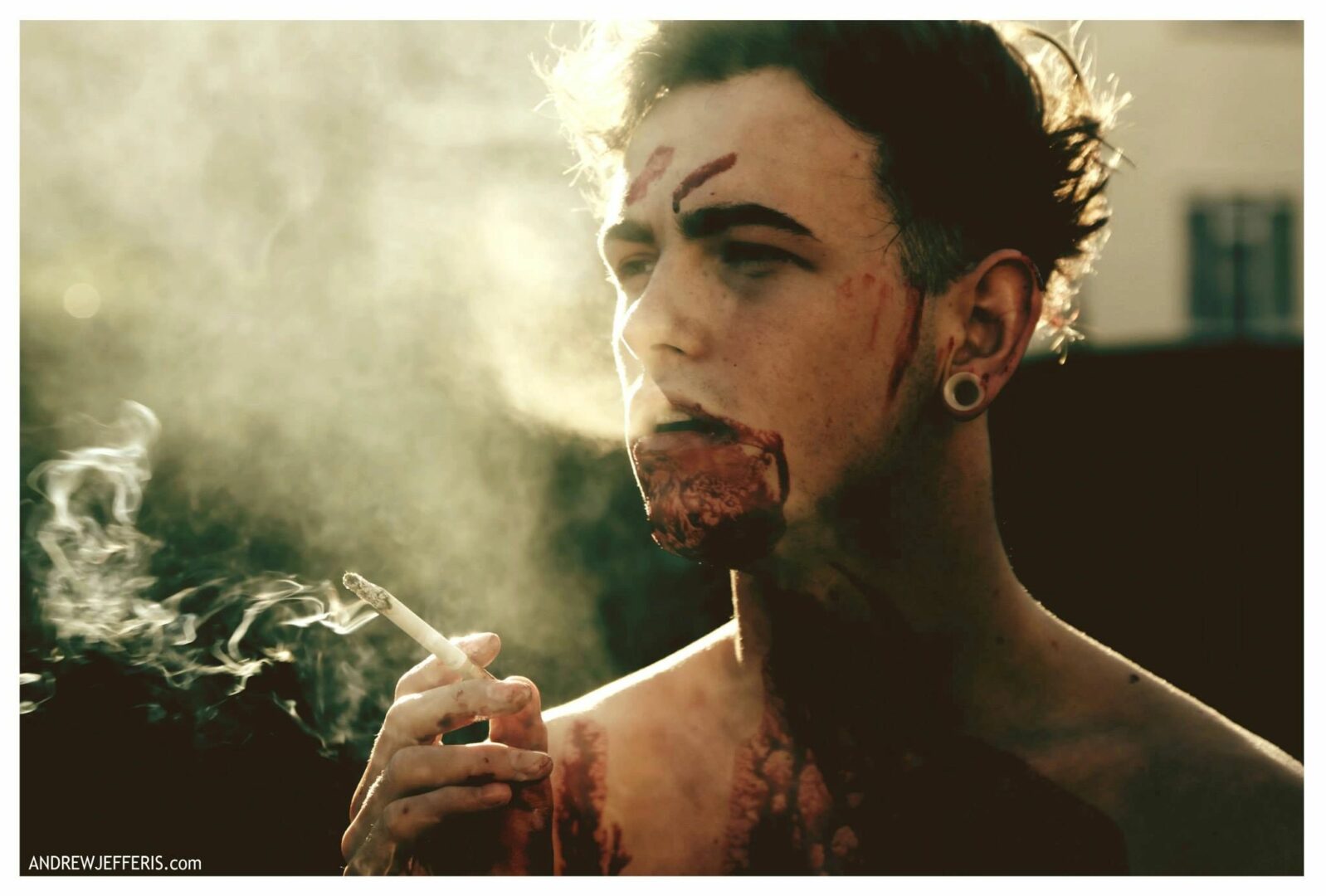
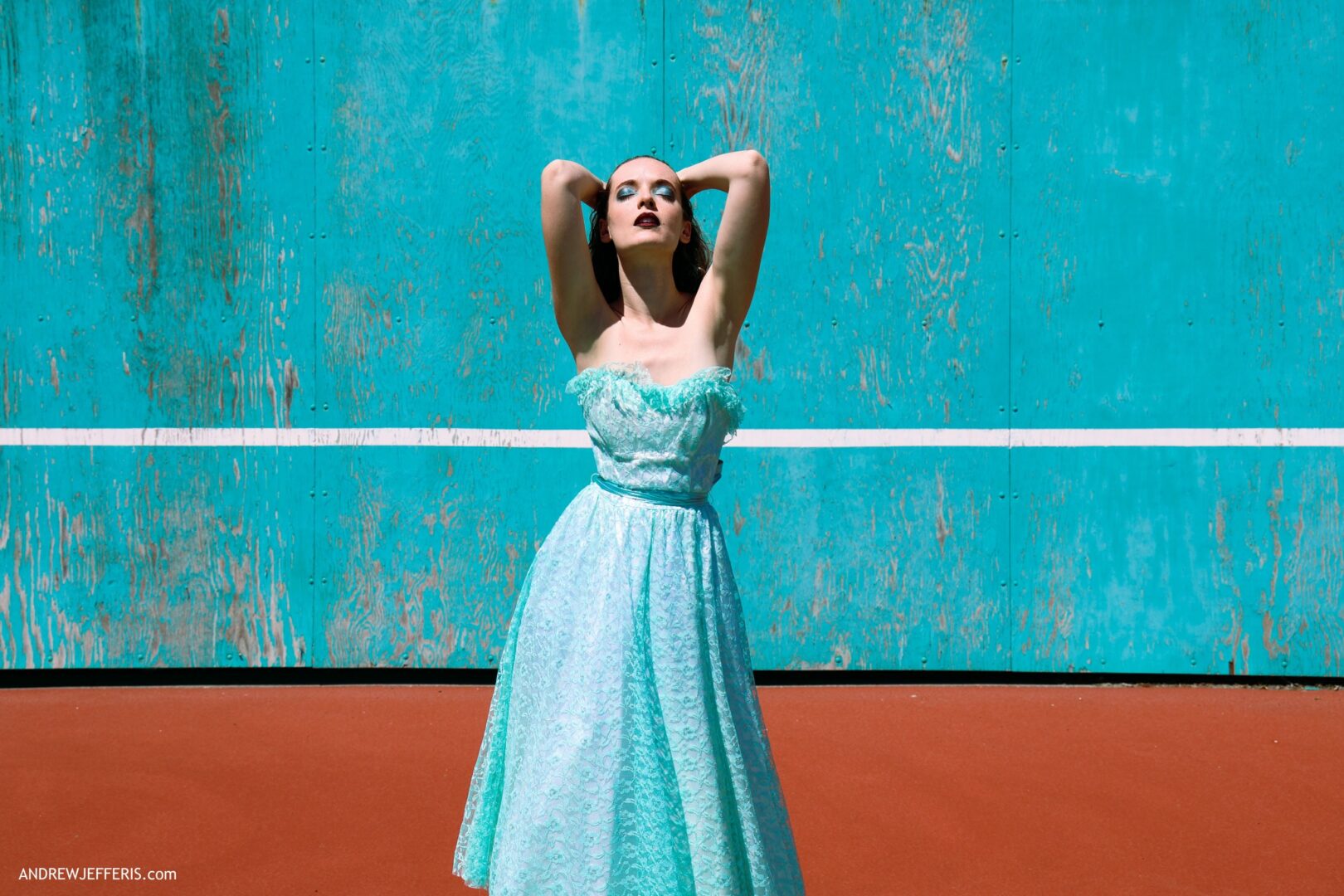
Thanks for sharing that. So, before we get any further into our conversation, can you tell our readers a bit about yourself and what you’re working on?
Most recently, I worked as the media coordinator for the Alliance for Innovation and Infrastructure (Aii), the nation’s only public policy nonprofit think tank dedicated to infrastructure. As the public face of the organization, I learned quite a lot. From web and graphic design, to video production and curriculum development, my favorite part of the job was connecting with industry leaders. Talking with senior executives about their work was incredibly inspiring. I have always loved learning about what drives people and what brings them the most fulfillment. People light up when they talk about the ins and outs of their field, particularly the best practices and hands-on work that keep our daily lives running efficiently.
Focusing on several different issues like damage prevention, innovation and technology, and energy infrastructure, enabled me to broaden both my knowledge and perspective. Each issue required me to approach complex information with curiosity and creativity—translating technical concepts into content that was both accessible and engaging. In doing so, I not only sharpened my skills as a communicator but also developed a deeper appreciation for the people and practices that keep our nation’s infrastructure moving forward.
What I valued most was the opportunity to serve as a bridge between experts and the public. My role allowed me to highlight stories of innovation, resilience, and collaboration—reminding me that, at its core, effective communication is about connection. Whether through visuals, writing, or conversation, my aim has always been to make ideas resonate and to ensure that people feel both informed and inspired.
Storytelling has always been at the heart of everything I do—whether capturing people as a photographer, shaping narratives as a media coordinator, or sharing experiences and lessons as a sailor. The most exciting thing about working with people across different industries was diving head first into their various worlds. Building trust, understanding perspectives, and creating work that genuinely resonates is what drives me.
But storytelling doesn’t end there. Prior to photography, I taught myself how to write music. To this day, I developed a small band with some friends and we’ve been in the process of writing an album. When I bought my home in Bozeman, the first thing I made sure to do was find a baby grand piano that I could play all of the time. What I write depends on my mood and most of the time, music comes from the most unexpected places but alwa
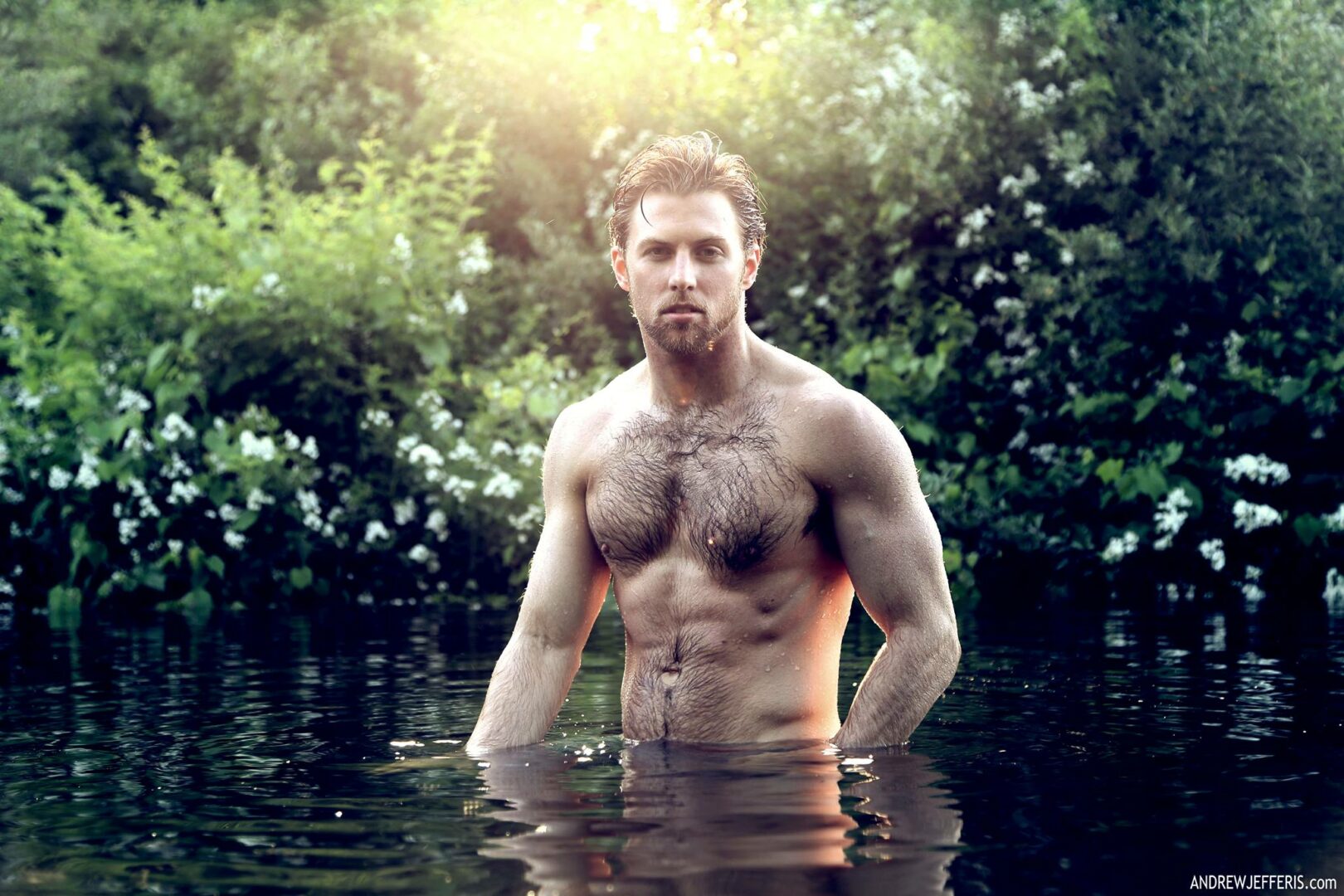
There is so much advice out there about all the different skills and qualities folks need to develop in order to succeed in today’s highly competitive environment and often it can feel overwhelming. So, if we had to break it down to just the three that matter most, which three skills or qualities would you focus on?
I believe I can narrow it down to this: allowing yourself to be challenged and discovering deeper truths in what you think you already know. Growth comes when we step beyond the comfort of our assumptions and invite new perspectives to reshape them. In my experience—whether in creative work, public policy, or service—being open to challenge has not only refined my skills but also broadened my understanding of people and the world around me. For me, that is where the most meaningful progress takes place.
Going back to the idea of risk, I encourage everyone to jump headfirst into the unknown—otherwise, you may never discover the sense of freedom that’s right in front of you. I made a habit of raising my hand and saying ‘yes’ to things I didn’t always feel ready for in the moment. Time and again, I’ve found that it only takes one decision, or even one person, to change the trajectory of what’s possible.
Lastly, to say exactly what is on your mind. Never let anyone dictate how you act in a situation. I have always chosen to be myself – and operate how I naturally would. I’m not somebody who gets intimidated by people. Years ago my aunt told me, “If you’re ever in a room of high-power people, just remember, everybody is a little gross, everybody poops.” Now, of course, this isn’t something you should go shouting from the mountain tops even if it’s top of mind but it’s a fantastic reminder of why you have value in any circumstance. We’re all human – we all have a story and we all deserve to share our experiences.
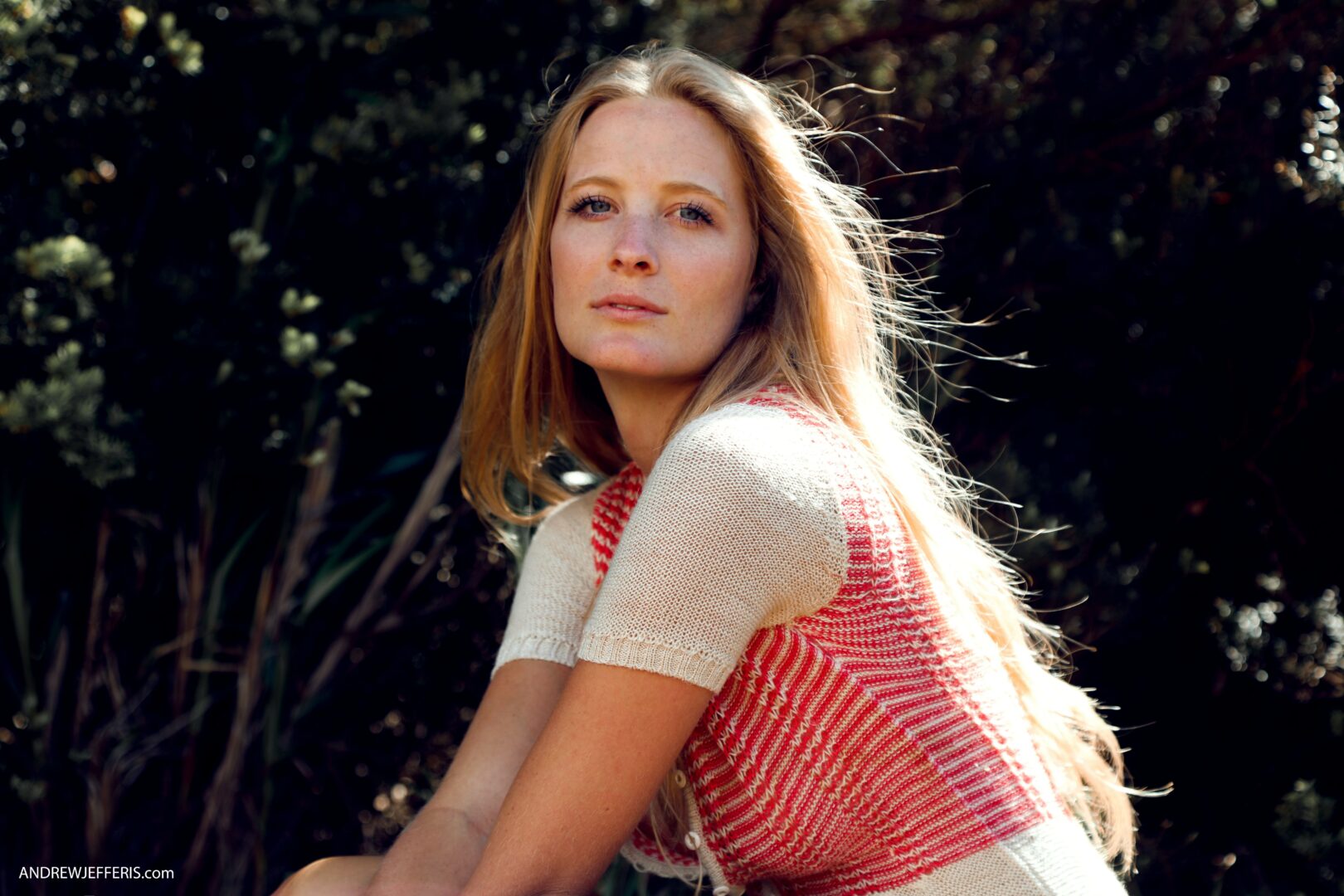
Awesome, really appreciate you opening up with us today and before we close maybe you can share a book recommendation with us. Has there been a book that’s been impactful in your growth and development?
The Shack by William P. Young made the most substantial impact on me because it framed forgiveness in a way that was both radical and disarming. Forgiveness in the context of the story isn’t about minor offenses—it’s about whether it’s possible to forgive the murderer of one’s own child. It’s a Christian novel acknowledges the brutality and evil of the world – but shows how forgiveness doesn’t mean condoning evil or forgetting the pain. It separates forgiving from excusing; how forgiveness isn’t presented to us as an impossible command, but as an invitation to live in the freedom God Himself embodies.
Contact Info:
- Website: https://www.andrewjefferis.com
- Instagram: @andrewjefferisphotographer
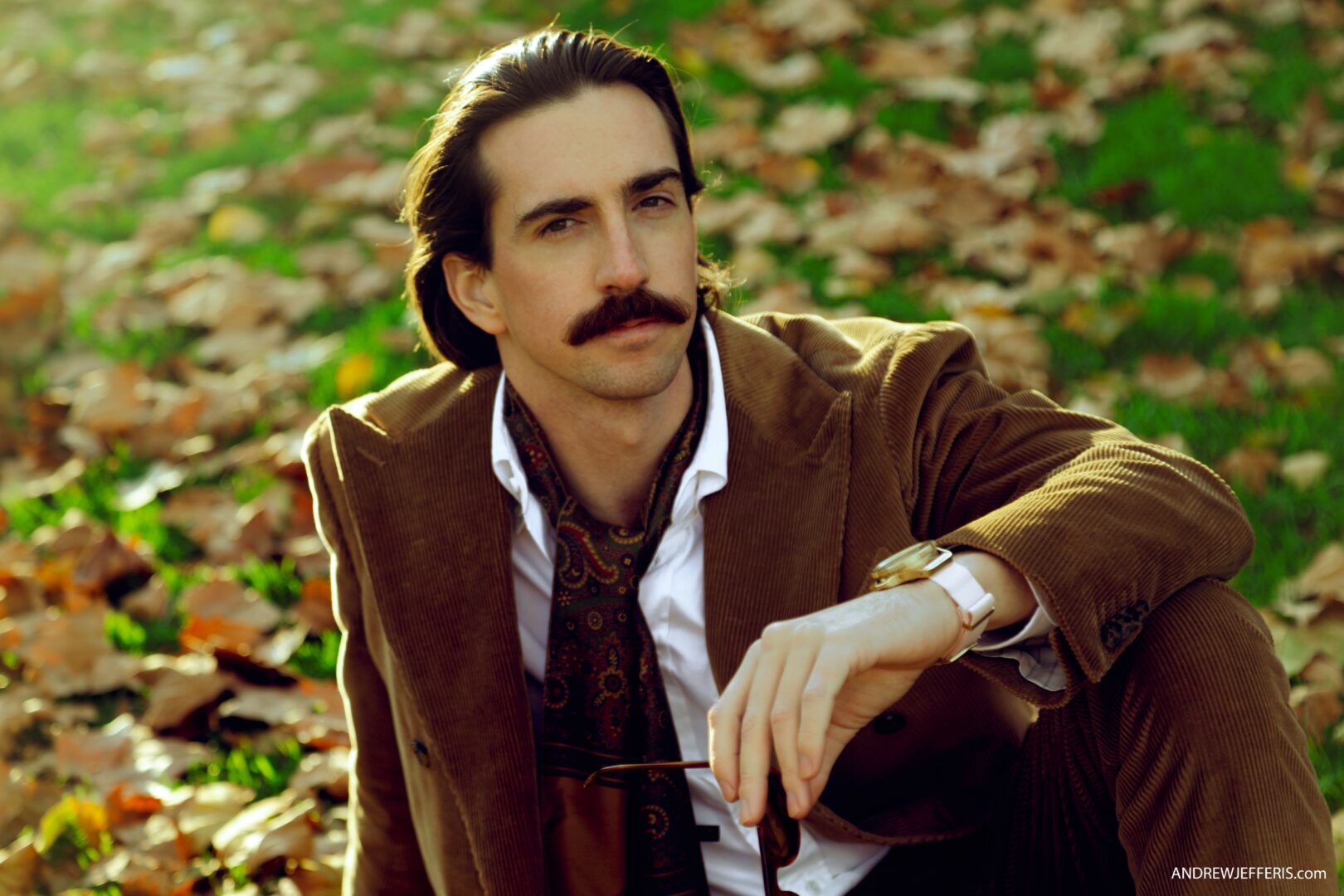
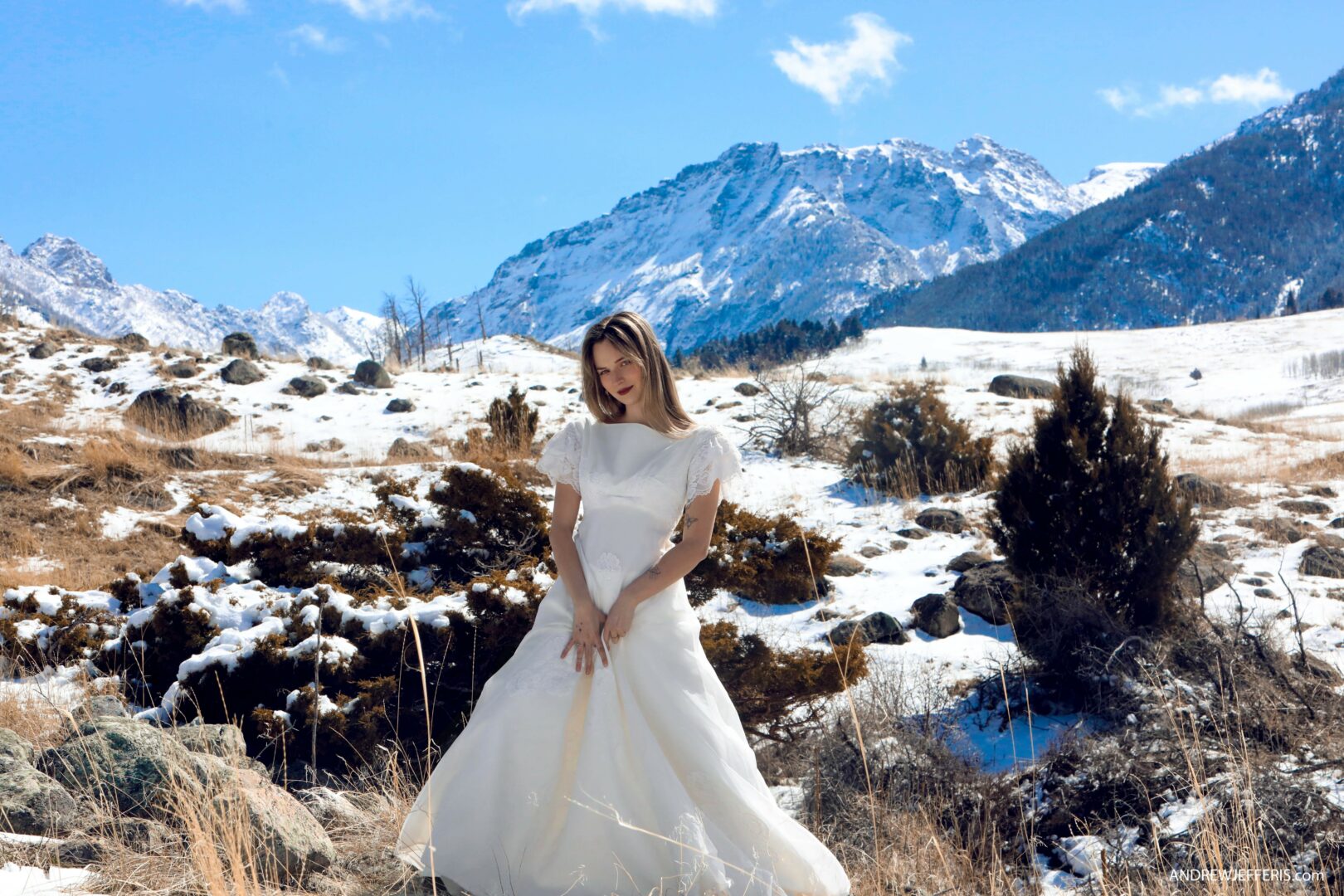
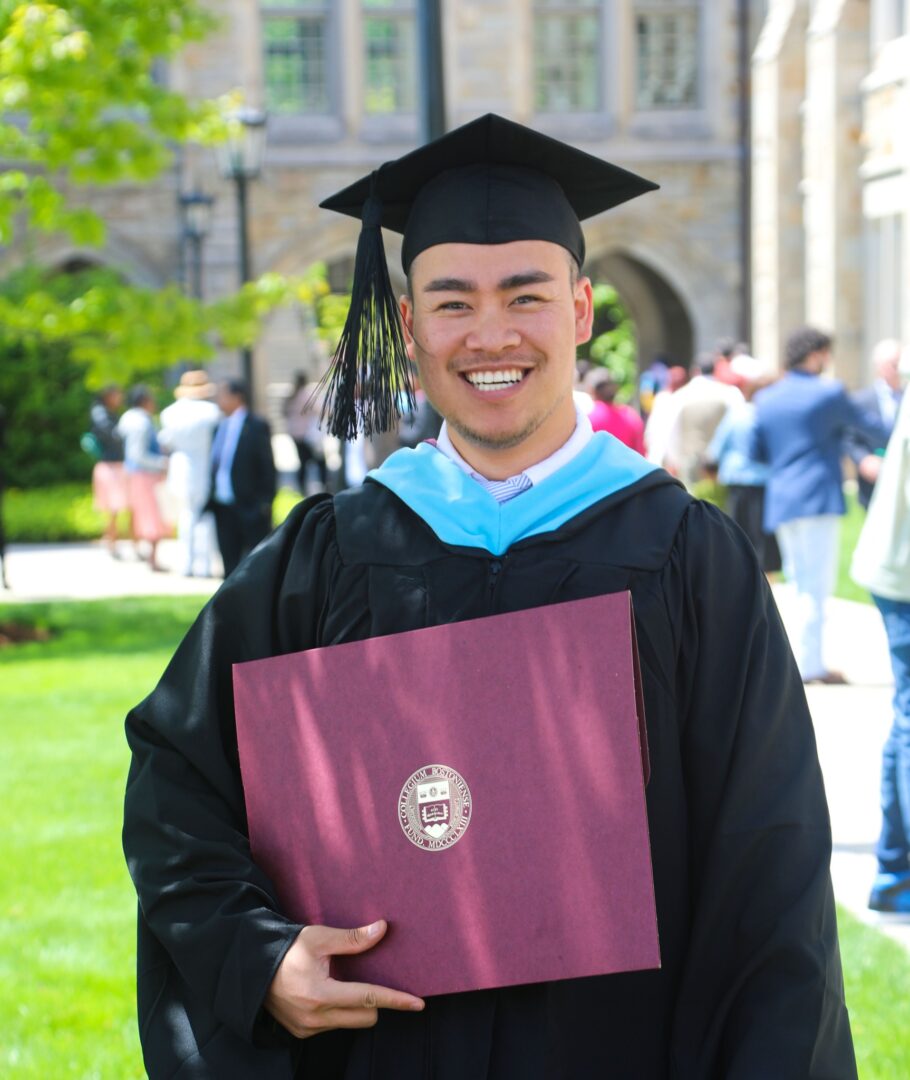
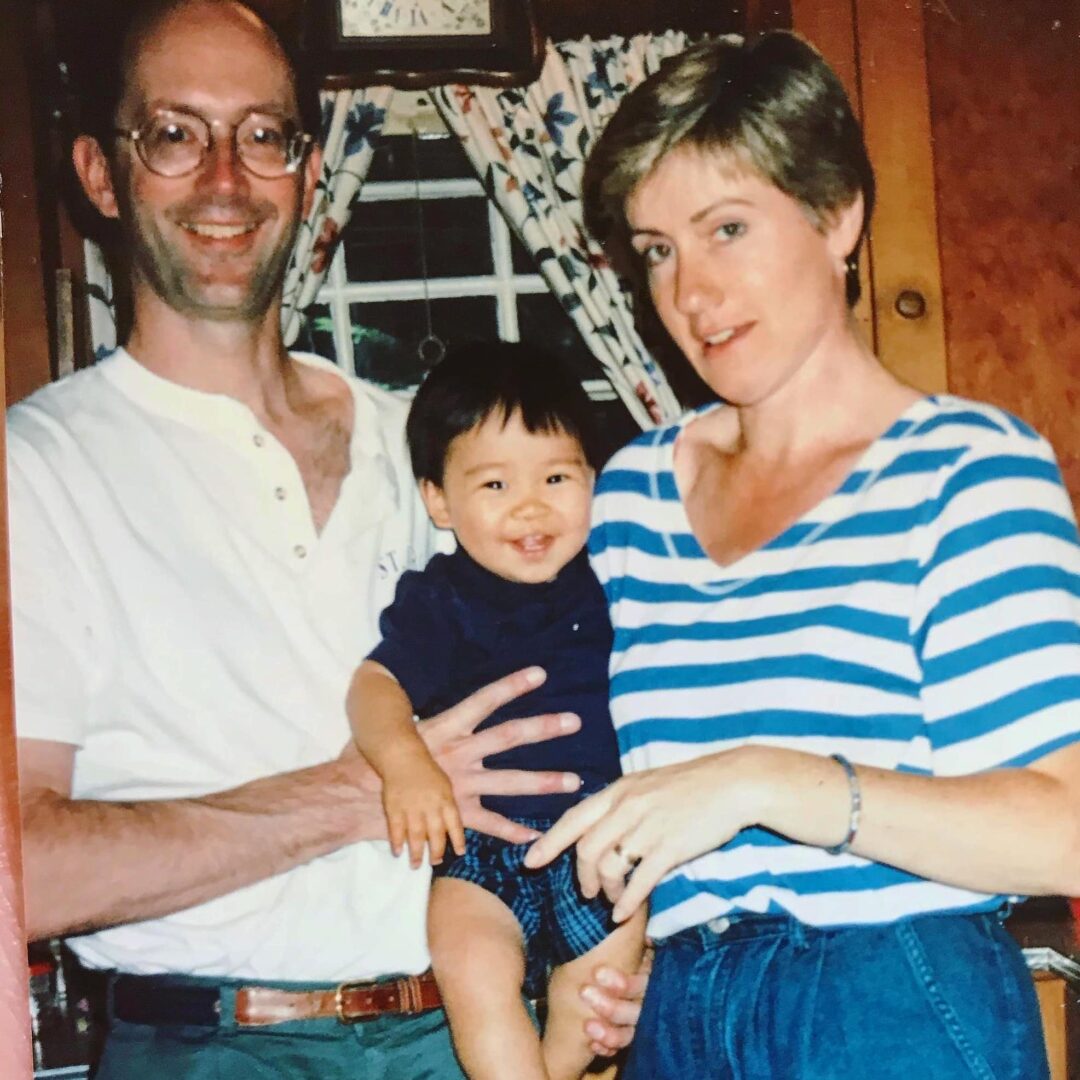
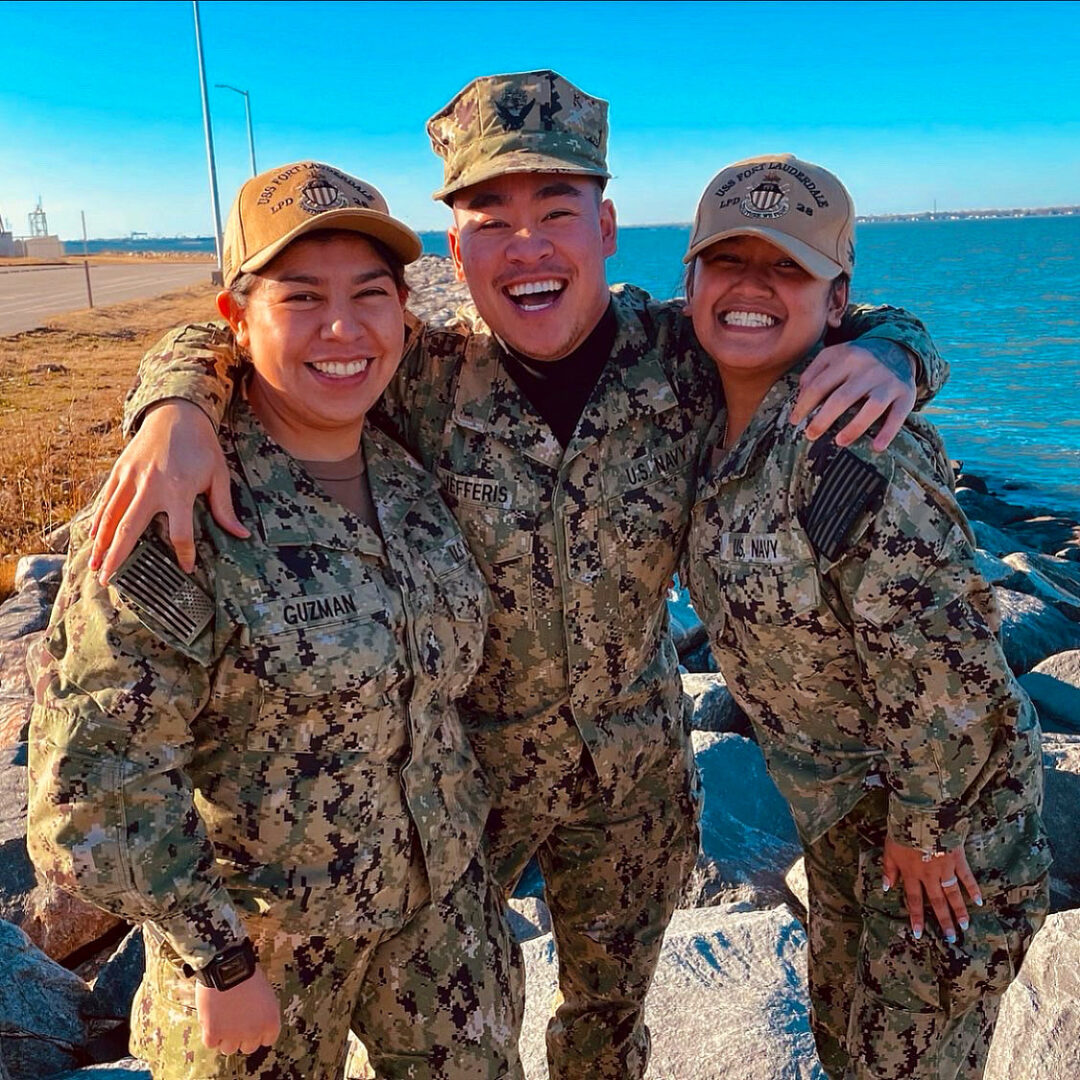
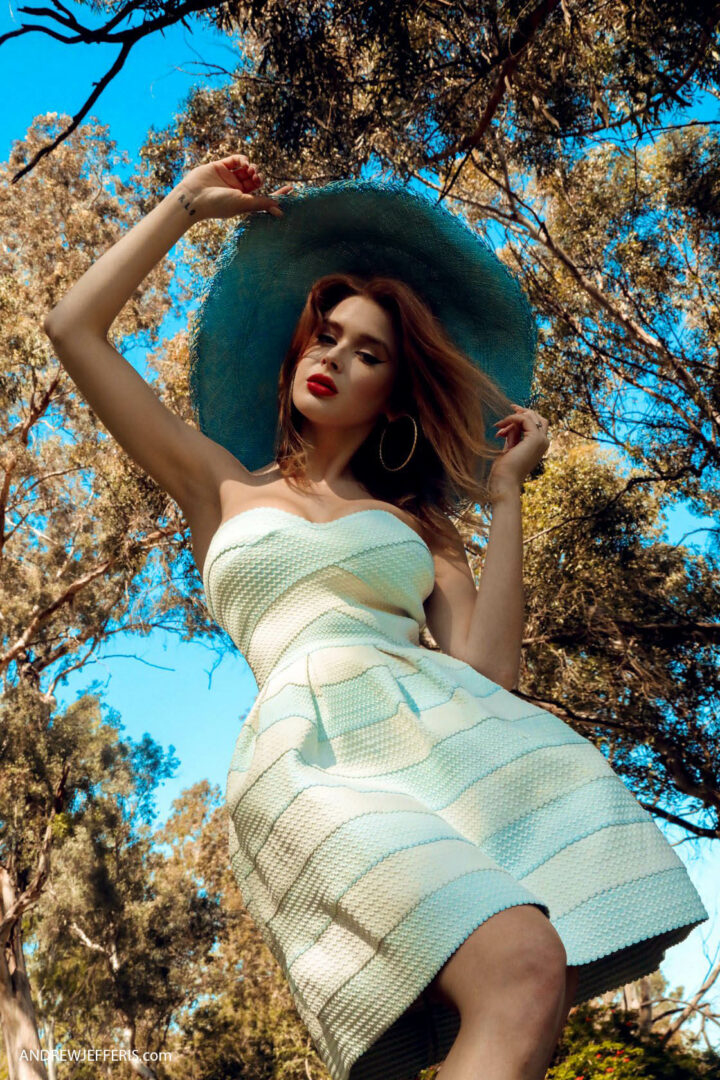
so if you or someone you know deserves recognition please let us know here.

